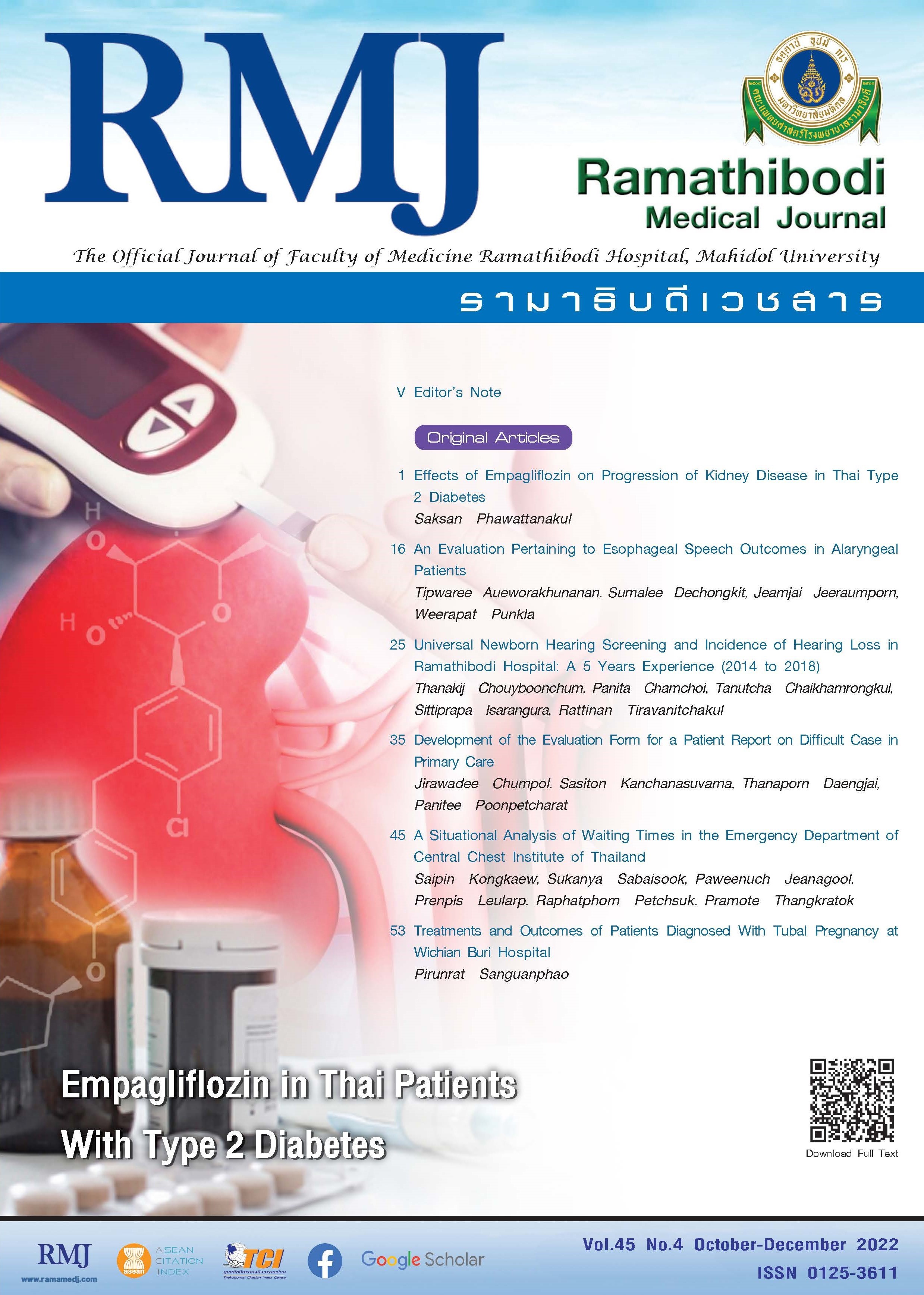Editor's Note
Abstract
As the end of the year 2022 is coming, there was an earth-shattering news concerning an artificial intelligence system (AI) called ChatGPT. ChatGPT is a text generating AI which can write an article by itself. Two years previously, an AI system in the same family called GPT3 demonstrate its capacity but writing an entire news article in The Guardian.1 But recently there are more and more reporting of ChatGPT capability to write scientific articles with high quality.2 Gao and colleagues had used the ChatGPT to write 50 medical-research abstracts based on a selection published in JAMA, The New England Journal of Medicine, The BMJ, The Lancet, and Nature Medicine. After that, the investigators compared these with the original abstracts by running them through a plagiarism detector which reported no plagiarism. Furthermore, they also found that medical researchers can differentiate 68% of the AI-generated abstracts from original abstracts.3
In the past decades, academic journals have faced the problems of plagiarism, falsification, and fabrication. Those kinds of problems are still problematic in term of detecting and handling. From this day forward, academic journal will have to face a new challenge of articles that are written by AI. Although there is an initiation to combat AI with AI like GPT Zero,4, 5 an AI system that is created to detect article wrote by AI. The accuracy and usability of this system is still need careful evaluation.
References
The Guardian. A robot wrote this entire article. Are you scared yet, human? GPT-3. September 8, 2020. Accessed January 20, 2023. https://www.theguardian.com/commentisfree/2020/sep/08/robot-wrote-this-article-gpt-3
Vanian J. Why tech insiders are so excited about ChatGPT, a chatbot that answers questions and writes essays. CNBC. December 13, 2022. Accessed January 20, 2023. https://www.cnbc.com/2022/12/13/chatgpt-is-a-new-ai-chatbot-that-can-answer-questions-and-write-essays.html
Gao CA, Howard FM, Markov NS, et al. Comparing scientific abstracts generated by ChatGPT to original abstracts using an artificial intelligence output detector, plagiarism detector, and blinded human reviewers. Preprint. Posted online December 27, 2022. bioRxiv 521610. doi:10.1101/2022.12.23.521610
Young C. A Princeton student created an app that outsmarts ChatGPT. Interesting Engineering. January 18, 2023. Accessed January 20, 2023. https://interestingengineering.com/innovation/app-that-outsmarts-chatgpt
GPTZero. Accessed January 20, 2023. https://gptzero.me
Downloads
Published
How to Cite
Issue
Section
License

This work is licensed under a Creative Commons Attribution-NonCommercial-NoDerivatives 4.0 International License.













